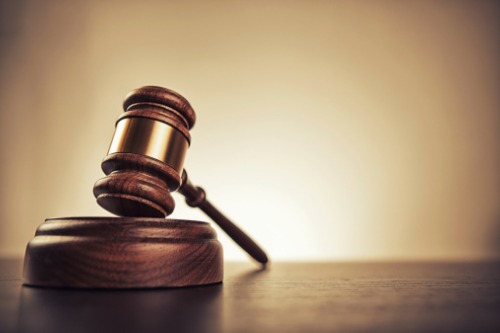
"It is almost unbelievable that such events in Nauru should be occurring in 2019"

The Rule of Law Committee of the New Zealand Law Society will urge the government to take action on what it described as “a blight on justice in the South-Pacific region.”
The call was made by the nation’s top lawyer body over the trial of a group of anti-government protesters, dubbed the “Nauru 19,” in the Nauru Supreme Court without any of the accused having legal representation.
The group, now down to 15, are accused of rioting and disturbing the Nauru Legislature after they protested against corruption outside the Nauru Parliament in 2015. They were barred from speaking out and from leaving Nauru and are awaiting a verdict in the trial proper that began on 14 November.
The trial first got underway last year before Nauru Supreme Court Justice Geoofrey Muecke, a former Australian judge. He granted a permanent stay in the proceedings in a decision that was critical of the actions of the Nauru government. He was later dismissed by the government.
The decision was overturned in June by the Nauru Court of Appeal and a new trial was scheduled to begin on 29 October before Justice Daniel Fatiaki, former chief justice of Fiji, who dismissed an application for a stay on 8 November.
There are only two public defenders in Nauru, the Law Society said. One was tasked to represent all the defendants, but said that he was unable to adequately represent the large group. Fatiaki ruled that the trial could be held without the defendants having legal representation.
Austin Forbes QC, convenor of the Rule of Law Committee, said that the trial of the group for the last four years has been an embarrassment for the South-Pacific region.
“It is almost unbelievable that such events in Nauru should be occurring in 2019. We have 12 people who are on trial for serious offences but who have been unable to get lawyers to represent them. The Nauruan minister of justice has also been reported as stating in Parliament that no lawyers in Nauru are expected to provide any assistance to them, no legal aid is available for them, and that they deserve to be convicted and have the maximum penalty according to law imposed,” he said. “It is time for the Pacific community to stand up and make it very clear to the government of Nauru that it cannot continue to flout the rule of law.”
The Law Society is hoping that the New Zealand and Australian governments become involved in the matter.
“If one country is trampling on what are fundamental legal rights and protections that should be available to all, that does not reflect well on other countries which give aid and assistance to it. New Zealand and Australia in particular should consider what they can do to influence and change the mindset of Nauru’s government and judiciary,” Forbes said.